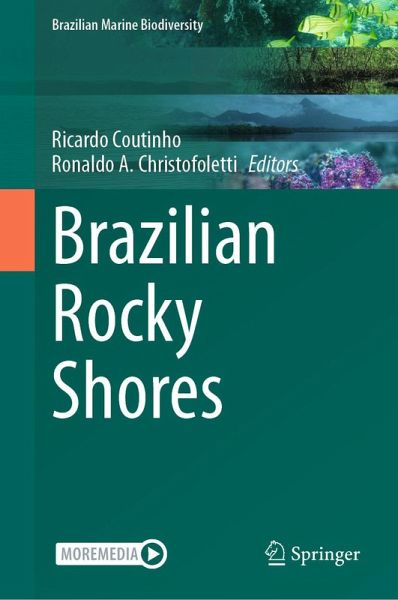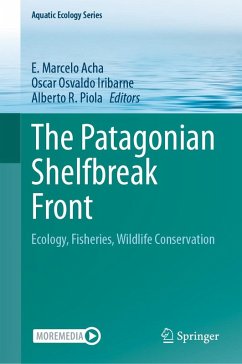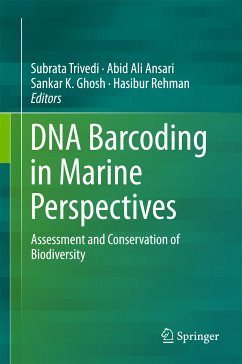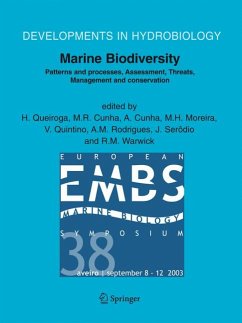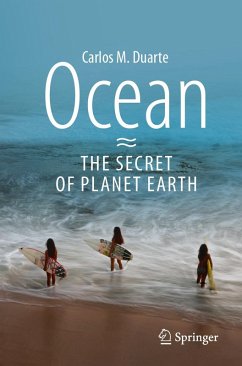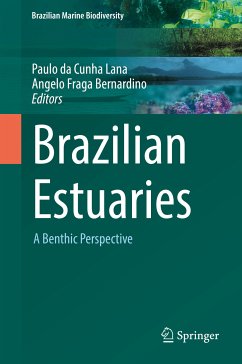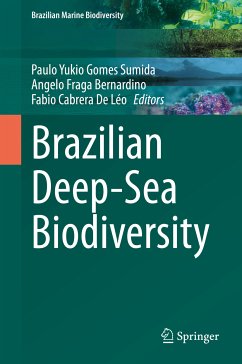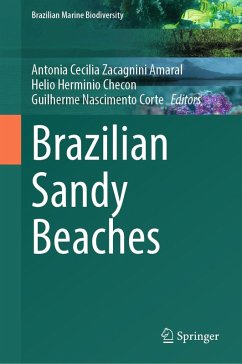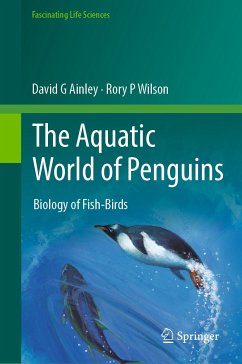Dr. Ricardo Coutinho received his Ph.D in Biology (Ecology) at University of South Carolina, and have post-doctoral experience at Duke University Marine Lab and Woods Hole Oceanographic Institute. He is a senior research and head of the Marine Biotechnology Department at the Brazilian Navy's Institute of Marine Studies Admiral Paulo Moreira (IEAPM), and coordinated more than 50 national and international projects among then the LEAF and Mission Atlantic Project from the European Community, the LTER Project from Upweeling area of Cabo Frio financial by CNPq, the World Harbour Project from University of Sydney at Rio de Janeiro site, the Glofouling Project Partnerships from GEF-UNDP-IMO, the resilience of the Brazilian coastal ecosystems to oil spill and plastics debris Project from IAEA, the National Institute of Science and Technology in Marine Science, Integrated oceanographic process studies from the platform to the slope (INCT-PRO-OCEANO). His research is focused on Oceanography, with emphasis on Benthic Ecology, Biofouling, Bioinvasion, Biodiversity, Marine Biotechnology and Community and Population Ecology. He directed 44 master dissertations and 35 doctoral thesis, and superviser 20 pos-docs. Published 151 full articles in scientific journals, 1 book, 12 book chapters and has 3 patents. He is the Founder and Coordinator of the Master and Ph.D program in Marine Biotecnology of IEAPM/UFF. Dr. Ronaldo Christofoletti is a professor at the Marine Institute of the Federal University of São Paulo (UNIFESP), Brazil, specializing in marine ecology, climate change, and ocean literacy. He has extensive experience in intertidal rocky shore ecology, researching local to large-scale processes that regulate biodiversity and ecosystem functioning. His work in rocky shore ecology spans collaborations with researchers across South America, Europe, Asia, and Africa. Beyond generating scientific knowledge, Dr. Christofoletti focuses on the practical application of science across various societal sectors. At the science-policy interface, he has led chapters in the second and third World Ocean Assessment for the UN Regular Process, addressing rocky shore ecosystems. He actively promotes the use of scientific knowledge among governmental and private sectors, schools, and journalists. Currently, Dr. Christofoletti serves as the chair of the Group of Experts in Ocean Literacy for the IOC UNESCO and co-chair of the Strategic Communications Group for the UN Ocean Decade
